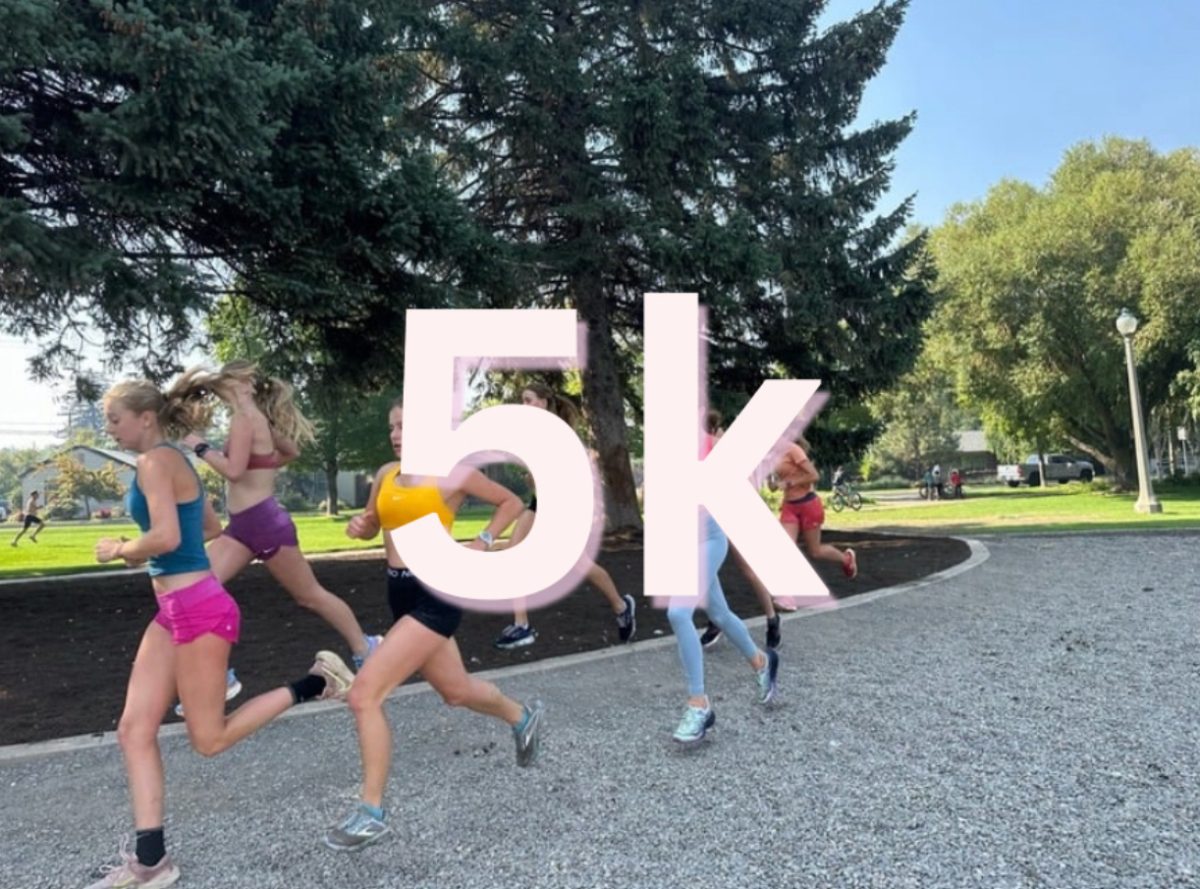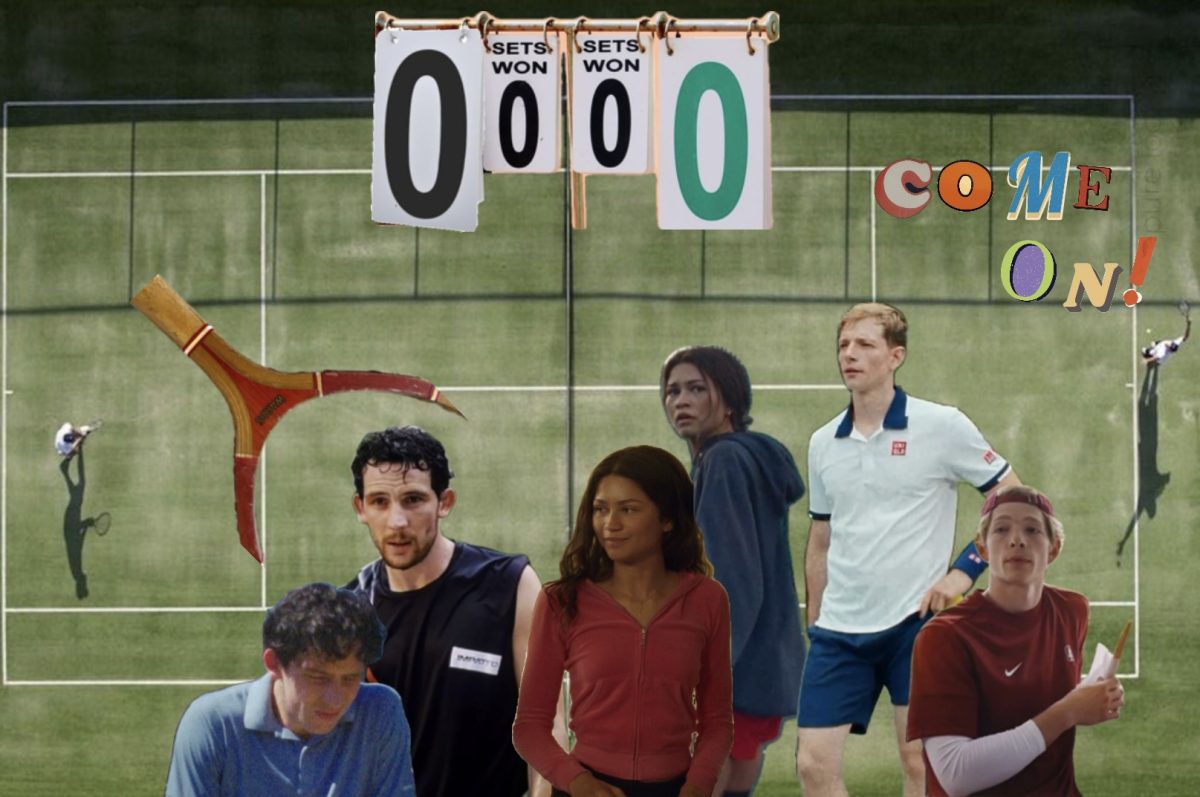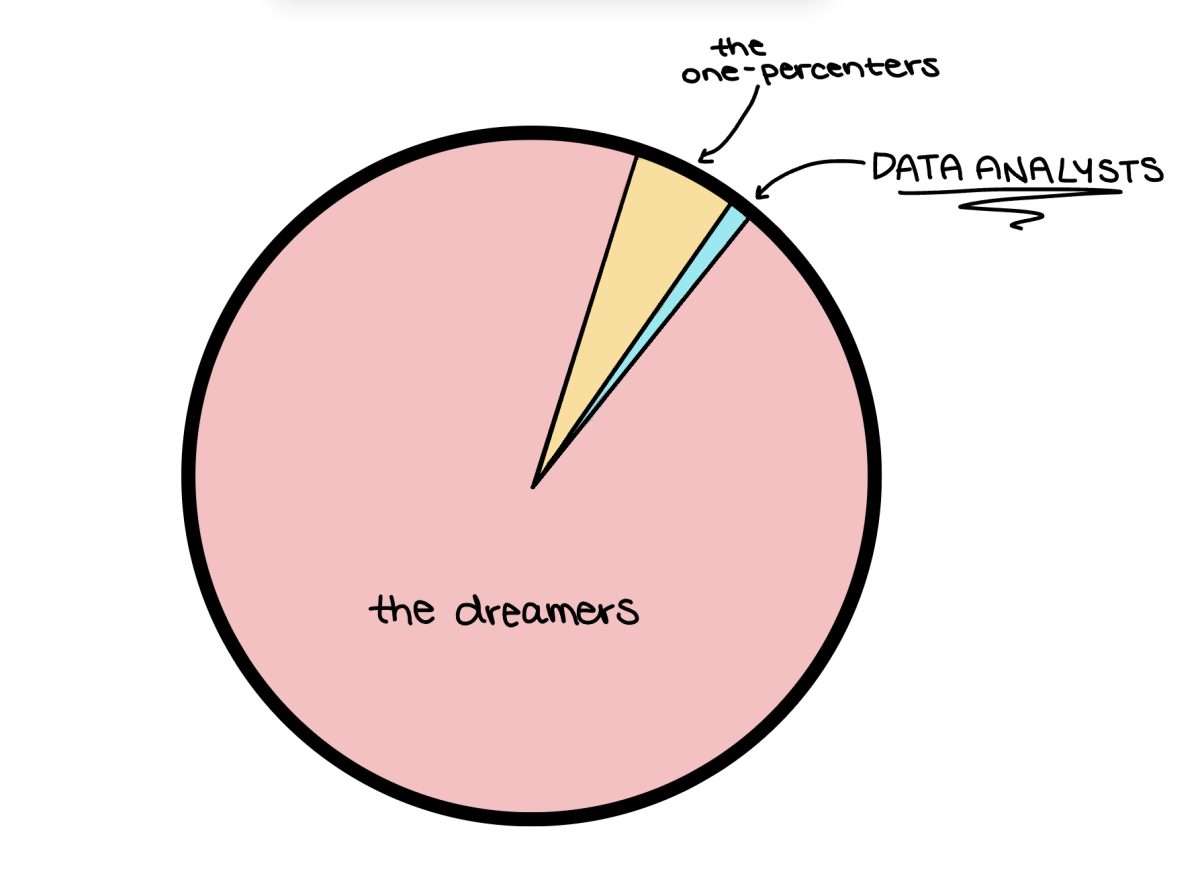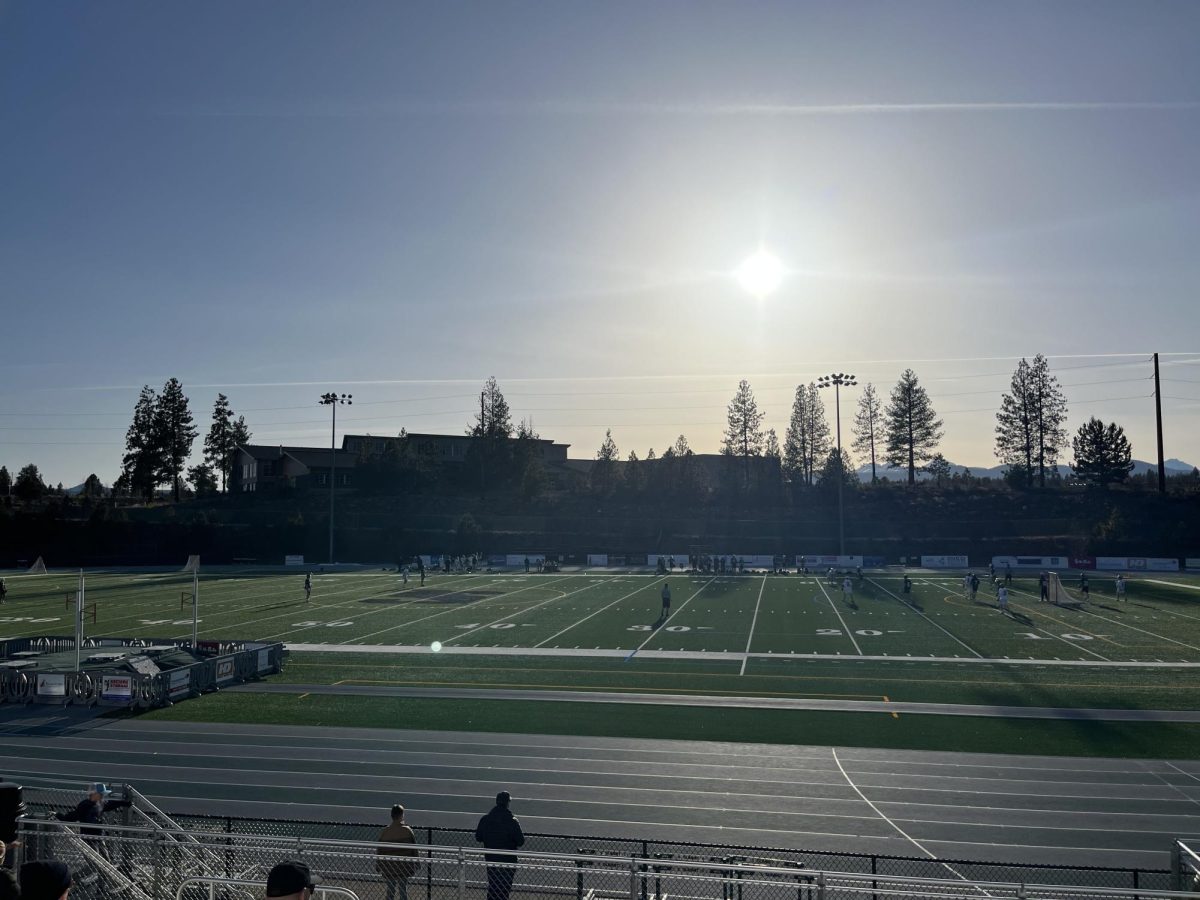As springtime arrives, the freshmen in Integrated Wellness begin their training for the Freshman 5k. This long-standing Summit tradition takes place at the end of the year, alongside students collecting yearbook signatures and the senior barbeque. During this event, all of the freshmen run a 3.1-mile loop, ending on the track just after passing the courtyard, where many of their older peers are waiting to cheer them on.
When I was a freshman (during COVID), we ran for several weeks leading up to the 5k as training for the real event. Beginning with a mile, the distance would increase by a quarter mile each week, until we had reached the full length of 3.1 miles. As we ran for longer and longer, it was still expected that we would hold our original mile pace. In order to earn an A in the gradebook that week, my classmates and I were required to earn a mile pace of under 11 minutes. However, it seems this number has changed in the years since.
The metrics for the 5k (both this year and in past years) depend heavily on which teacher you are assigned at the beginning of the year. Freshman P.E. teacher Jill Waskom, for example, grades her students based on their goal time, which they set for themselves after their first run. If students complete runs with a mile pace within 15 seconds of this time, they earn an A in the grade book. However, in Stephanie Barker’s class, grades are determined a little differently.
“To get full credit [in Barker’s class], you had to get a 9-minute mile,” said Summit freshman Autumn Junker, worried about the negative connotations that come with an inability to run that fast. “I got a 9:08 mile time, so I ended up getting a 6/8 in the grade book that week because I was eight seconds too slow.” According to metrics provided by Barker, students are required to run at a mile pace of under 9 minutes to earn an A in the class that week. Given how competitive Summit is academically, this is causing a great deal of stress to freshmen.
“There’s a lot of pressure from teachers, since if you care about your GPA, you don’t want it affected by PE,” said Junker, who is aiming to earn a 4.0 this year, and doesn’t want the thing standing between her and good grades to be a physical education class. Alarmingly, grade insecurity is only one of several factors that has been keeping freshmen from attending their Integrated Wellness classes this year.
It’s irrefutable that Summit High School is known for being a high-achieving place academically. However, the school is much better known for the long-running success of its sports teams, and each of the individually talented athletes they field. While this is an extremely impressive feat, it comes with an intense amount of pressure.
“Of all the high schools I’ve been at, I’ve never taught at a school [like Summit] where it’s so focused on success in athletics and academics,” said Barker. “When I was teaching and coaching basketball, I had athletes that had such a miserable time at practice because it was so performance-based. [Basketball practice] was like another thing on their to do list that had them checking the time that practice was over so they could get back to their academics or whatever other responsibilities they had.”
As students begin to feel the pressure of living up to the school’s athletic standards, activities that are meant to be a fun challenge—like the freshman 5k—suddenly become an evaluation of each person’s individual worth.
“[Students] have this high expectation to get a good grade and an equally high expectation to run fast, which doesn’t make sense considering the variety of body types and lifestyles of each student,” said Junker. “A lot of people are just skipping because they’re embarrassed since they know they can’t get a 9-minute mile time. It doesn’t make them unathletic, it just means they’re not conditioning their cardio. The majority of these students are involved in sports, they just aren’t cardio-based.”
All of this to say, several freshmen are opting to skip class rather than run with their peers. Since missed runs can be made up outside class time, some students feel more comfortable running and recording their time on their own. To cope with the ongoing issue, physical education teachers and counselors alike are working to improve the curriculum and increase what is currently a lower-than-average attendance rate.
“If a student is avoiding PE it is often because they are comparing themselves to others,” explained Summit counselor Andy Flemming. “Our P.E. teachers can help the student refocus on their improvement and the positive things they bring to the sport/activity.”
Summit’s Integrated Wellness teacher Stephanie Barker described the difficulty of this topic, as the department wants students to enjoy class but isn’t willing to give up honored traditions like the 5k.
“As much as we get the reluctance around doing hard things, at some point we’ve gotta keep giving opportunities to try,” explained Barker. “If we keep letting people get out of it, then we’re not getting any better as a society with building that self-confidence up.”
Instead of canceling the 5k altogether (or changing the grading metrics whatsoever), the Integrated Wellness teachers are working to put a more positive spin on the entire competition. Instead of focusing on where each student stacks up against each other, the teachers urge students to achieve personal growth by the day of the actual 5k.
“We try to put focus [not on] if you’re gonna get a school record, but if you’re gonna reach your personal best at the end of 10 weeks,” explained Barker. “We’ve got some people coming in at a 12, 13-minute mile pace as the best they can do, and so they might have a goal time of 12.5, and they’re gonna be stoked if they can get it by the end of the race.”
“High school students face pressures to perform academically and athletically. I believe two healthy ways to face these pressures are to one, focus on continual improvement, and two, enjoy the journey,” noted Flemming, who like Barker, heavily encouraged students to shift their perspective around the 5k. “Students often want to perform well, be respected by their peers, and have a positive self-image. When we change the focus from comparison to personal improvement; then the pressure can become lower.”
Regardless of this intention, many students are wishing for the traditional 5k to come to an end. As absences pile up and passion around physical education fizzles, it’s time to reevaluate what the focus of this tradition should be. Rather than pitting our freshmen against each other, the event should be a celebration of another great year coming to an end. By dropping the unrealistic expectations and allowing students to simply enjoy spending time outside with friends, perhaps the insecurity and anxiety that plagues the Freshman 5k can transition into a day of fun, meaningful memories for all.




















































